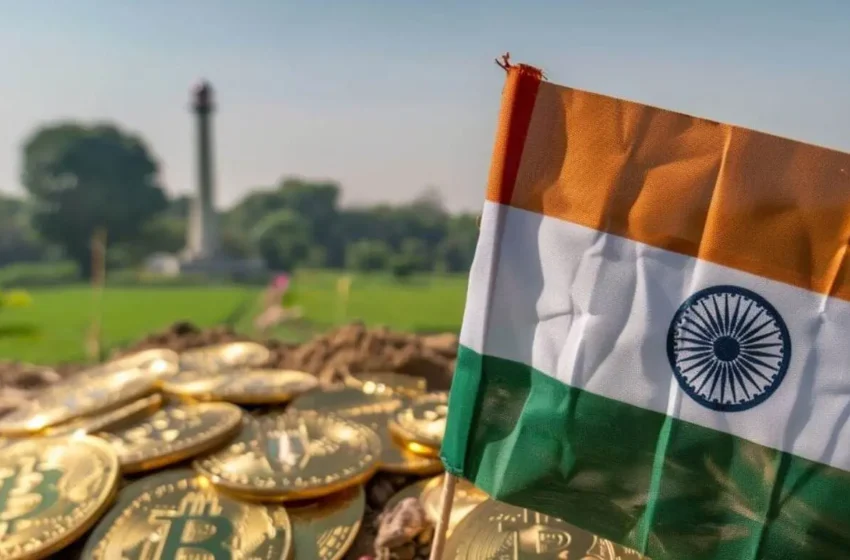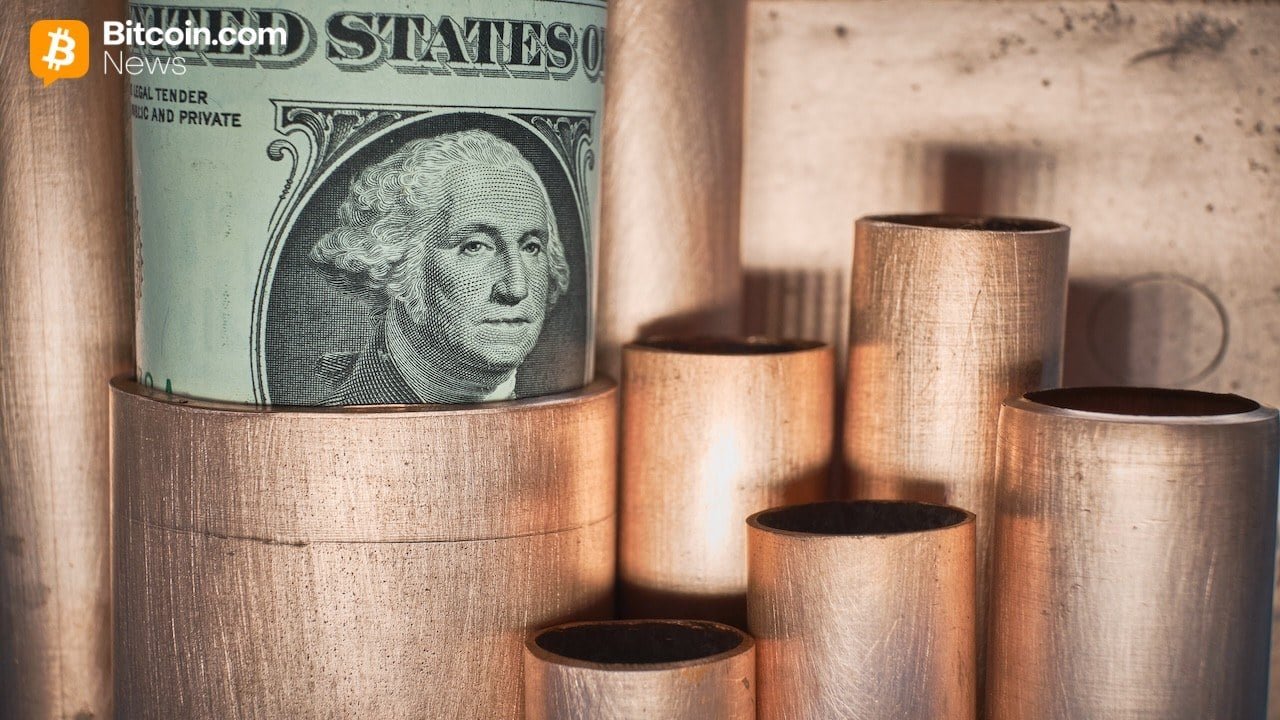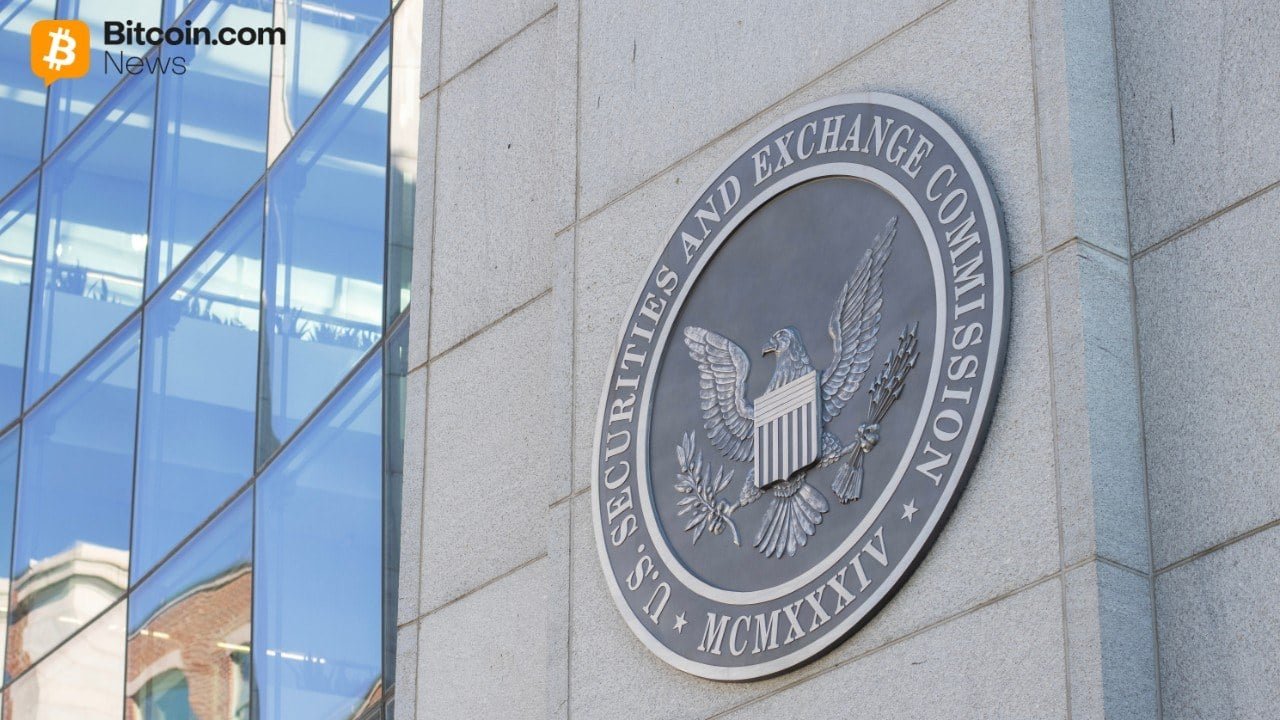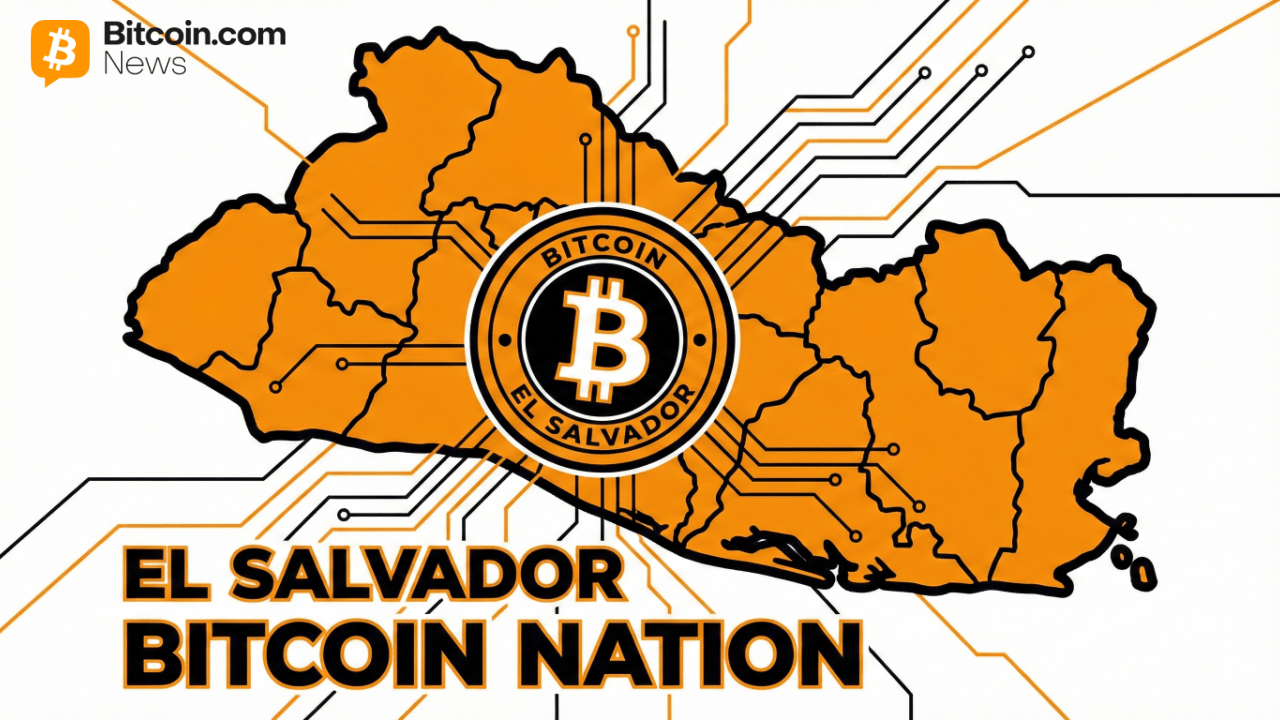Is Copper Mirroring Silver’s Explosive Breakout? Veteran Trader Bluntz Reveals
India to Maintain Limited Control of Cryptocurrency
(Originally posted on : Crypto News – iGaming.org )
India continues to weigh its approach to digital assets, and officials are not rushing into a full-fledged cryptocurrency law. Instead, regulators are keeping a cautious grip, balancing between not fully banning crypto and not giving it legal endorsement either.
Good to Know
- Indian investors are estimated to hold around $4.5 billion in crypto.
- The government fears that stablecoins tied to the U.S. dollar could disrupt India’s payment systems.
- Current taxes and compliance rules are discouraging heavy trading activity.
The Reserve Bank of India has been particularly vocal, stressing how difficult it would be to contain risks if cryptocurrencies were formally integrated into the traditional financial system. According to internal papers reviewed by Reuters, regulators believe that granting crypto a legal framework could effectively legitimize it, something they are hesitant to do.
On the other side, a blanket ban is also seen as ineffective. Peer-to-peer trades and decentralized exchanges would continue operating regardless, making enforcement nearly impossible. That’s why India has chosen to maintain what some describe as a halfway stance—allowing crypto to exist, but with heavy restrictions and steep taxes keeping it on the margins.
Stablecoins Draw Extra Concern
Authorities are particularly wary of the global growth of stablecoins, especially those pegged to the U.S. dollar. Indian officials warn that if such tokens gained mass adoption, they could fragment settlement systems and potentially undermine India’s successful Unified Payments Interface (UPI).
New players only. Exclusive 111% Welcome Bonus + 111 Free Spins
The internal note also mentioned that the U.S. is considering legislation to allow regulated dollar-backed stablecoins, which could shift the balance of international payments. From India’s perspective, that would put pressure on its domestic payment ecosystem and weaken its control over currency flows.
Investors Still Active but Limited
Despite the cautious stance, crypto ownership in India is far from disappearing. Estimates suggest that locals hold around $4.5 billion worth of digital assets. While that is not enough to threaten financial stability today, officials are aware of how fast the sector can grow.
At the same time, India’s high tax regime—30% on profits plus additional levies—combined with strict compliance measures, has already driven many casual traders out of the market. For now, authorities see this as an effective way to keep speculative activity under control without imposing a full ban.







 Bitcoin
Bitcoin  Ethereum
Ethereum  Tether
Tether  XRP
XRP  USDC
USDC  Solana
Solana  TRON
TRON  Dogecoin
Dogecoin  Lido Staked Ether
Lido Staked Ether  Figure Heloc
Figure Heloc  Bitcoin Cash
Bitcoin Cash  WhiteBIT Coin
WhiteBIT Coin  Cardano
Cardano  USDS
USDS  LEO Token
LEO Token  Wrapped stETH
Wrapped stETH  Hyperliquid
Hyperliquid  Chainlink
Chainlink  Wrapped Bitcoin
Wrapped Bitcoin  Ethena USDe
Ethena USDe  Binance Bridged USDT (BNB Smart Chain)
Binance Bridged USDT (BNB Smart Chain)  Monero
Monero  Canton
Canton  Stellar
Stellar  USD1
USD1  Wrapped eETH
Wrapped eETH  Rain
Rain  Zcash
Zcash  sUSDS
sUSDS  Hedera
Hedera  Litecoin
Litecoin  Dai
Dai  Coinbase Wrapped BTC
Coinbase Wrapped BTC  PayPal USD
PayPal USD  Avalanche
Avalanche  Shiba Inu
Shiba Inu  WETH
WETH  Sui
Sui  World Liberty Financial
World Liberty Financial  Toncoin
Toncoin  USDT0
USDT0  Cronos
Cronos  Tether Gold
Tether Gold  PAX Gold
PAX Gold  MemeCore
MemeCore  Polkadot
Polkadot  Uniswap
Uniswap  Mantle
Mantle  Ethena Staked USDe
Ethena Staked USDe  BlackRock USD Institutional Digital Liquidity Fund
BlackRock USD Institutional Digital Liquidity Fund  Pepe
Pepe  Aave
Aave  Aster
Aster  Falcon USD
Falcon USD  Bittensor
Bittensor  OKB
OKB  Bitget Token
Bitget Token  Global Dollar
Global Dollar  Circle USYC
Circle USYC  Pi Network
Pi Network  syrupUSDC
syrupUSDC  Ripple USD
Ripple USD  HTX DAO
HTX DAO  Sky
Sky  Ethereum Classic
Ethereum Classic  NEAR Protocol
NEAR Protocol  BFUSD
BFUSD  Ondo
Ondo  Pump.fun
Pump.fun  Superstate Short Duration U.S. Government Securities Fund (USTB)
Superstate Short Duration U.S. Government Securities Fund (USTB)  Internet Computer
Internet Computer  Cosmos Hub
Cosmos Hub  POL (ex-MATIC)
POL (ex-MATIC)  Gate
Gate  Worldcoin
Worldcoin  KuCoin
KuCoin  Jupiter Perpetuals Liquidity Provider Token
Jupiter Perpetuals Liquidity Provider Token  Midnight
Midnight  Quant
Quant  Ethena
Ethena  NEXO
NEXO  Jito Staked SOL
Jito Staked SOL  USDtb
USDtb  Official Trump
Official Trump  Binance-Peg WETH
Binance-Peg WETH  Algorand
Algorand  Rocket Pool ETH
Rocket Pool ETH  Spiko EU T-Bills Money Market Fund
Spiko EU T-Bills Money Market Fund  Binance Bridged USDC (BNB Smart Chain)
Binance Bridged USDC (BNB Smart Chain)  Render
Render  USDD
USDD  Wrapped BNB
Wrapped BNB  Filecoin
Filecoin